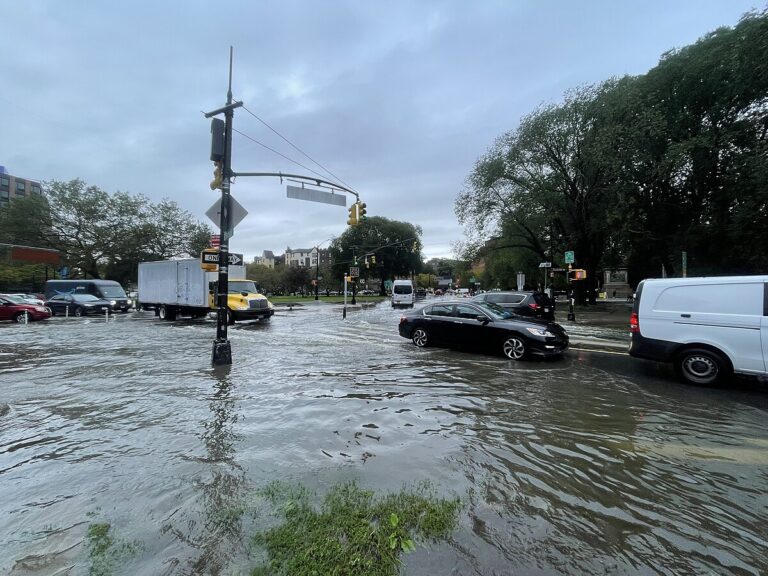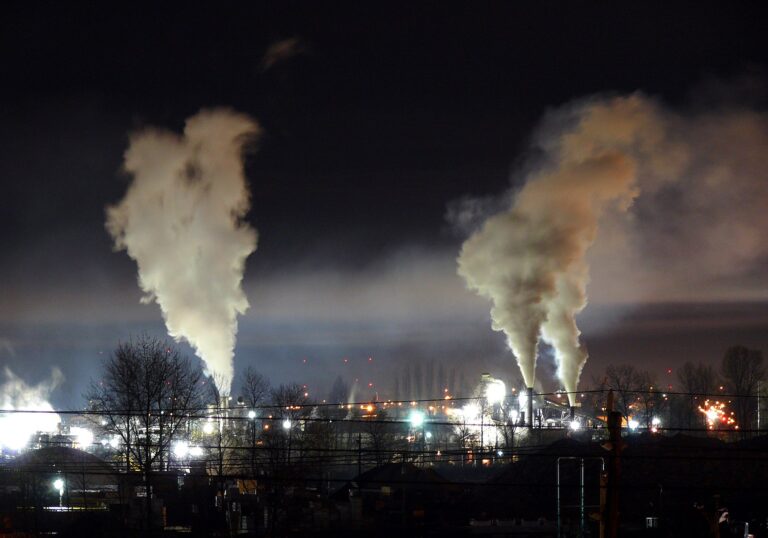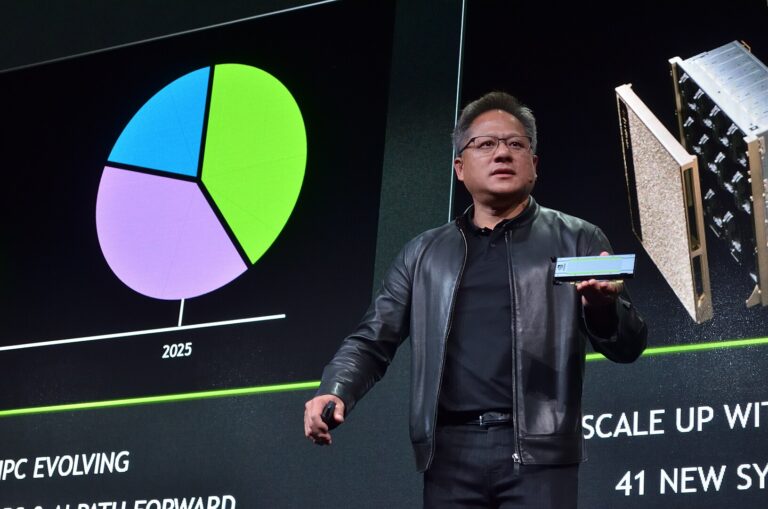
Czapp Árpád
On Friday, the National Assembly of South Korea passed a resolution to impeach Prime Minister and acting President Han Duck-soo, occurring less than two weeks after the legislature removed President Yoon Suk Yeol from his authority due to his brief imposition of martial law, which led to significant political turmoil in the nation. A total of 192 members of parliament supported the impeachment, surpassing the required 151 votes in the 300-seat assembly.
Turbulent scenes erupted in parliament during the voting process, as members of the ruling People Power Party raised their fists and shouted “Abuse of power” following National Assembly speaker Woo Won-shik’s announcement that only a simple majority was required to pass the impeachment motion against Han.
A straightforward majority is generally the required threshold for the removal of a sitting prime minister, whereas a two-thirds majority is necessary for the impeachment of a president. Han, who took on the position following parliament’s decision to impeach Yoon, expressed in a statement his respect for the ruling and indicated that he would suspend his responsibilities in accordance with applicable laws to prevent any additional confusion and uncertainty.
Following parliament’s vote to impeach President Han Duck Soo, the finance minister and deputy prime minister, Choi Sang-mok, is now acting president. South Korea’s main opposition Democratic party filed the impeachment motion on Thursday after Han refused to fill three vacant seats in the Constitutional Court, which is set to adjudicate Yoon’s impeachment trial. Han on Friday defended his choice not to appoint new justices, urging the ruling and opposition parties to
After the parliamentary decision to impeach Han, the finance minister and deputy prime minister, Choi Sang-mok, has assumed the role of acting president. The Democratic Party of Korea, the principal opposition party, initiated the impeachment motion on Thursday following Han’s refusal to appoint justices to three vacant positions in the Constitutional Court, which is responsible for overseeing Yoon’s impeachment trial. On Friday, Han justified his decision to refrain from making new appointments, calling for a consensus between the ruling and opposition parties prior to proceeding with any nominations.
Han expressed a profound sense of surprise and disappointment regarding the public’s reaction to the emergency martial law, emphasizing that the procedural aspects are equally significant as the appointment of constitutional judges.
The impeachment of President Han Duck-Soo occurs amidst a backdrop of prolonged political instability and unrest in the nation, which has been exacerbated by Yoon’s martial law declaration on December 3. This decree was in effect for a mere six hours and incited widespread demonstrations
The Constitutional Court is required to make a decision within six months regarding the affirmation or rejection of the impeachment vote. It has declared that this case will be treated as a “top priority,” in conjunction with other impeachment efforts that the opposition has pursued against members of Yoon’s administration, including the justice minister, prosecutors, and other senior officials.
Presently, the nine-member court is functioning with only six justices, as there has been a delay in appointing successors for those who have retired, which complicates the proceedings.
Under South Korean legislation, at least six of the nine justices must agree for an impeachment to be upheld. The court has not yet reached a conclusion on whether the six sitting justices can make a ruling regarding Yoon’s situation. If they are allowed to proceed, it is essential that all six justices vote in favor of the impeachment for Yoon to be officially removed from office.
During a press conference on Friday, opposition leader Lee Jae-myung stated:
‘The acting president has evolved into an ‘acting insurrection leader,’ accusing the ruling party of having “forsaken its responsibility to uphold the Constitution” and acting as Yoon’s “loyal guard. At the same time, the ex-prosecutor has been prohibited from departing the country and is currently under investigation for multiple offenses, including the possibility of charges related to inciting an insurrection, a crime that could result in life imprisonment or the death penalty.



